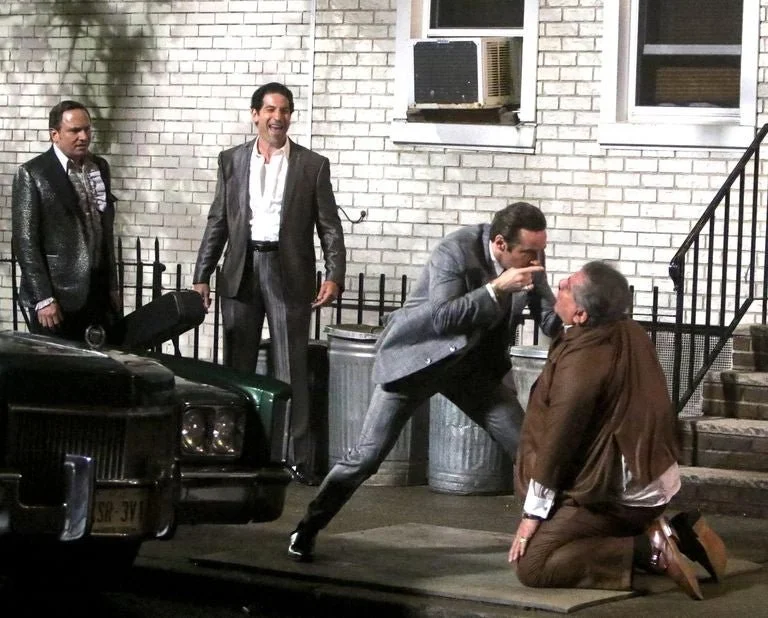That F@%*ing Scene : Mom's crazy, but not like you think
* Spoiler alert! This is for people who have seen Hereditary already and want to further their enjoyment of the movie. If you haven’t seen it, please do before you read this article. It’s worth it. *
Hereditary is one of the scariest movies I’ve seen in recent years. Most of the horror movies I watch lose their power in retrospect while I gain maturity and experience with the genre, but this one scared the pants off my 36 years old self. How did it do that?
It hinges on very little.
Let’s take a step back to understand how Hereditary built up to one scary scene that redefines you entire understanding of the first 90 minutes. This movie tells the story of Annie, a bereaved daughter struggling with a family history of mental illness. who eventually becomes a bereaved mother. You feel sorry for her and appreciate that the movie is trying to underline the psychological horror of grief and mental illness until it its you with this:
For context, Annie’s husband Steve was trying to convince her to seek medical help. She is rambling about a haunting, they fight over a book and when Annie throws it into the fireplace, Steve catches fire. Even then you’re not sure if it’s what is really happening of what Annie is perceiving. The following scene picks up when Annie’s son awakens and finds his father body BURNED TO A CRISP. OMG, IT WAS ALL REAL…. AND JUST THE BEGINNING.
Why is Annie’s possession so fucking terrifying?
There are many, many reasons. But let’s focus on three:
1) Changing subgenres. Eighteen seconds into a two and a half minutes scene, you already know something is deeply wrong because Peter’s mom is crawling on the ceiling. But you don’t know what. Something unnatural is happening. For the entire duration of the movie up to that point, the audience is never really sure whether it’s related to mental illness or not. But Annie crawling on the ceiling while Peter is unaware is new information.
With one image that isn’t even that original, Hereditary completely flips the script on what it was previously saying. This is not psychological horror anymore and you sure shit have no idea of what is going on. There is another great segment in that scene where Annie movie from the ceiling to right in front of Peter. She’s not the character we know anymore and Hereditary is not the movie it lead you to believe it was. That ‘s one hell of a punch in the dick.
2) Unheimlich. When you’re having a nightmare, the scary part isn’t the bloodthirsty monster. It is the feeling of wrongness you get from watching your daily life through a funhouse mirror. What was once familiar isn’t anymore, like you mom… but possessed by a demon. It’s not that original either. Sigmund Freud came up with it a century ago, but it fucking works and this scene is oozing with unheimlich goodness. Well… badness. Whatever.
My favorite unheimlich part of this scene is when Peter takes refuge in the attic and begs his mom to stop being creepy. He doesn’t know that he’s talking to someone who doesn’t exist anymore. On the other side of the attic’s trap door, you hear banging that is consistent with someone obsessive slamming their fist into it. But little did you know, it’s Annie levitating again and trying to bust through with her head. This is so fucking rich in terms of creepiness.
3) Whatever this is. I’ve said it and I’ll say it again. True horror stems from facing an unexplained phenomenon and coming up with explanations for it that are rooted in your deepest fucking fears. I don’t know who that naked weirdo is, but I’m more terrified to find someone like him in my house than to find someone with a gun. I was so distraught when I first saw him that I thought he was Annie. He was probably just a cult guy from the next scene.
This is one thing Ari Aster always does well. He comes with the image first. Sometimes he explains it. Sometimes he doesn’t. But he knows one thing for sure: you will always, always try to rationalize it and I think it amuses him. It’s a really powerful formula. Aster doesn’t play by the rules, but he doesn’t need to.








